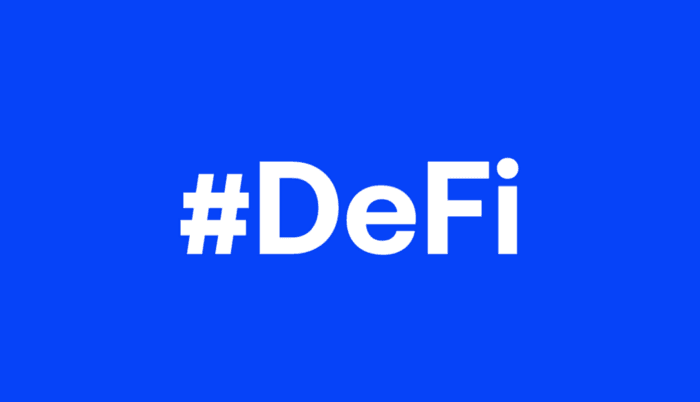A Beginners Guide to DeFi

Most people enter crypto through Bitcoin or Ethereum price movements. But beyond market charts, a parallel financial system that operates without banks or intermediaries is taking shape. This system is commonly referred to as decentralized finance DeFi.
At a basic level, decentralized finance is a set of financial services that run on public blockchains instead of on bank infrastructure.
How does Decentralized Finance work?
DeFi platforms rely on smart contracts which are pieces of code deployed on blockchains such as Ethereum. These contracts execute transactions automatically when predefined conditions are met. Once deployed, they cannot be changed easily, which makes outcomes predictable and transparent.
There is no central authority approving transactions. If the contract conditions are satisfied, the transaction is processed.
Common use cases of Decentralized Finance
Lending and borrowing
Users deposit crypto assets into lending protocols and earn interest. Borrowers lock assets as collateral and receive loans instantly. The system does not use credit scores or identity checks. Risk is managed through collateral value and automatic liquidations.
Decentralised trading
Users trade directly from their wallets on decentralised exchanges. The platform never takes custody of funds, reducing exposure to operational failures and custodial risks.
Stablecoins, insurance and automation
Stablecoins, which are designed to track the value of fiat currencies such as the US dollar, are central to most DeFi activity. They are used for lending, settlements and trading.
Some platforms also offer blockchain-based insurance products and automated investment tools, all managed by smart contracts.
Why DeFi continues to grow
Access is open. Anyone with a wallet and internet connection can participate.
Returns are often higher than those offered by traditional savings products, though the risks are also higher.
Innovation is rapid. Open-source development allows new financial products to be built and deployed quickly.
Core components of the DeFi ecosystem
Lending protocols
Platforms such as MakerDAO and Compound automate interest calculation, collateral management and repayments.
Stablecoins
They reduce the impact of crypto price volatility and provide a reliable unit of account.
Decentralised exchanges
DEXs enable trading without surrendering asset custody.
Insurance and asset management tools
These platforms focus on tokenised assets, risk management and on-chain insurance services.
DeFi is not without risks. Smart contract vulnerabilities, hacks and market volatility remain persistent challenges. Even so, it has already reshaped how financial services can operate on public infrastructure.
For anyone new to crypto, understanding decentralized finance is no longer optional, it is part of the fundamentals.
Updated on: 12th January, 2026 11:17 AM
FAQ's
1. What is DeFi?
DeFi (Decentralized Finance) is a system of financial apps built on blockchain that lets you lend, borrow, trade, and earn without banks or intermediaries.
2. How does DeFi work?
DeFi uses smart contracts,self-executing code on blockchains,to automate financial transactions securely and transparently.
3. What can I do with DeFi?
You can lend crypto, borrow assets, trade tokens, earn interest, and provide liquidity,all directly from your wallet.
4. How do people earn money in DeFi?
Users earn through staking, lending, liquidity provision, and yield farming, depending on the protocol.